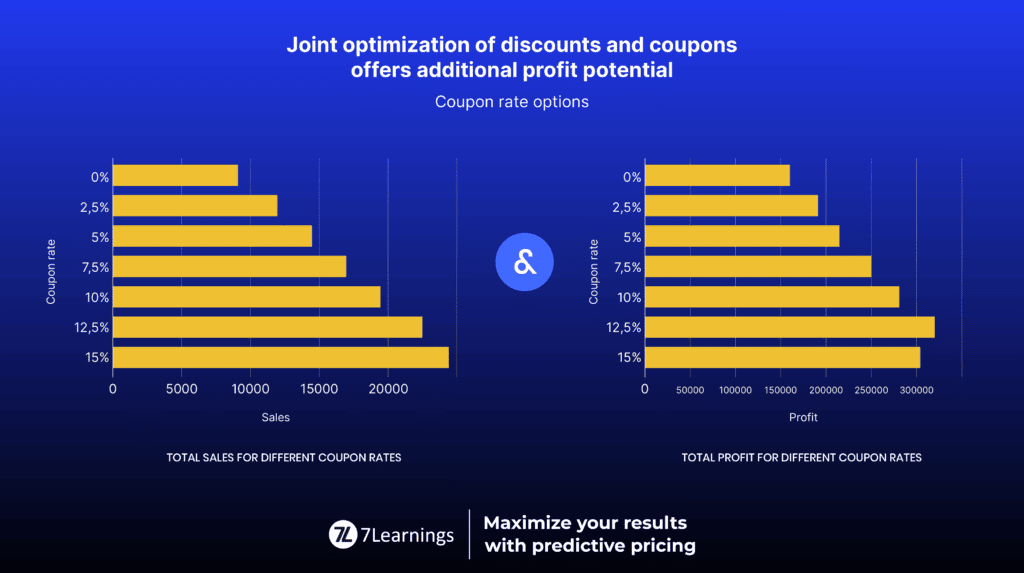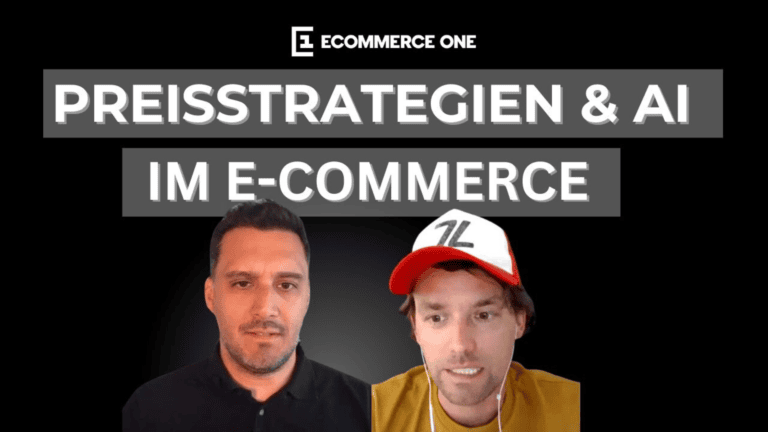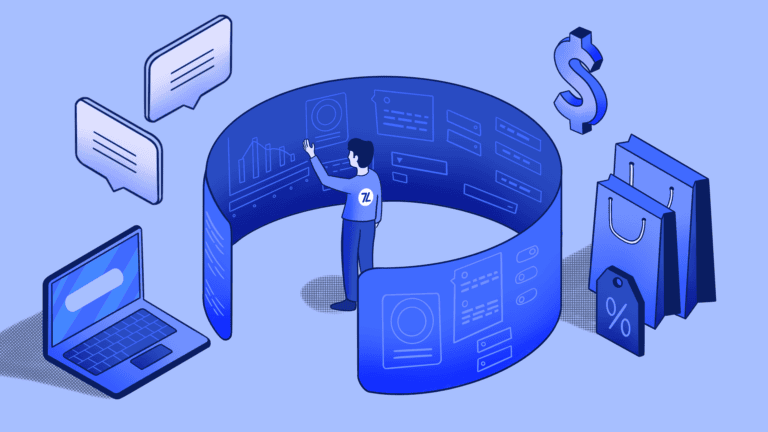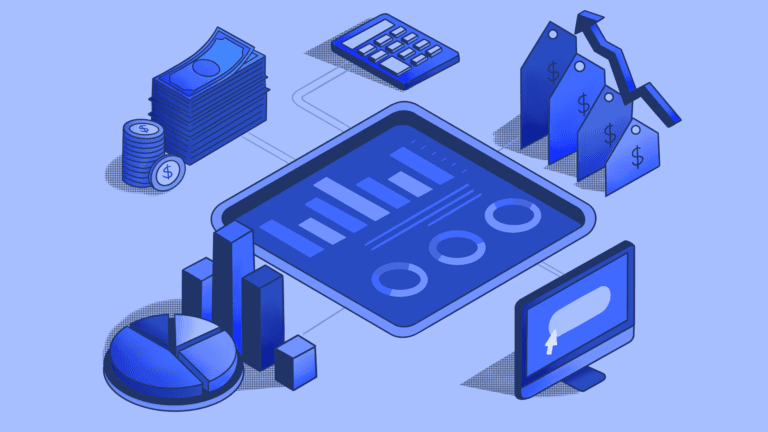- Mastering the Black Friday pricing game requires a strategic approach beyond mere price cuts. It demands a carefully crafted pricing strategy that stands amongst the competition and resonates with the vast pool of shoppers. Today, this means using the power of AI and machine learning to accurately determine demand and set optimal prices.
Retailers that have embraced AI-empowered pricing strategies will see tangible benefits in their Black Friday sales. Here are 6 ways AI is benefiting these organizations:
1. Early preparation
The preparation phase for Black Friday commences far in advance, and AI-powered insights play a key role in this phase. Retailers using AI algorithms can analyze extensive data accumulated from previous Black Friday sales, customer behavior patterns, and market trends. These insights enable them to optimize their pricing strategies, forecasting potential demand surges and product preferences.
“Black Friday is not one day; it is the whole of November and the planning and testing starts as early as February. The calibration and fine adjustment of the pricing- & promotion strategy is not something that can be done in a day. It needs a lot of time and meticulous strategizing to have the best trade-off between pricing & promotion.”
Sahin Tezsoy, Director Pricing Management, LUQOM GROUP on 7Learnings Retail Pricing Insights Podcast Episode 1
2. Strategic objectives
AI-driven algorithms aid retailers in defining precise objectives for Black Friday. They empower businesses to set revenue, sales, and profit goals, leveraging predictive analytics to identify potential hot-selling products and consumer segments. Retailers armed with AI insights can tailor their discounts and promotions, ensuring alignment with their broader business goals
3. Dynamic scenarios modelled by AI predictions
AI-powered pricing software enables retailers to simulate various scenarios for Black Friday. AI-driven predictive models anticipate the impact of different pricing strategies on sales volumes and the potential aftermath post-Black Friday. This foresight helps retailers prepare for shifts in demand and mitigate supply shortages.
4. Synergy between AI-powered marketing and pricing
AI’s influence extends beyond pricing strategies to align with marketing efforts. Retailers employ targeted online ads across social media platforms like Facebook, Instagram, and Google Ads. Email marketing campaigns are tailored using AI insights to engage customers effectively and drive anticipation for Black Friday deals.
5. Unique offers curated with AI precision
AI algorithms assist in tailoring unique Black Friday offers that resonate with customers. From dedicated landing pages optimized for SEO to personalized discounts for loyal patrons, AI’s role in crafting these offerings enhances customer satisfaction and encourages increased engagement.
6. Precision coupon and discount strategies
AI technology aids retailers in offering discounts aligned with customer expectations. By analyzing price elasticity, optimal discounts for different products are uncovered, ensuring maximum turnover without compromising profit margins. Retailers can tailor coupons to target specific customer segments while maintaining the integrity of their pricing strategy.

Black Friday 2023 promises to unveil which retailers have diligently harnessed the power of AI to fine-tune their pricing strategies. The integration of AI-driven insights in pricing decisions can significantly impact retailers’ bottom lines, elevating their performance amidst the fervor of the shopping season. An essential element lies in comprehending customers’ price sensitivity, made possible by advanced pricing software. This technology accurately evaluates customer price elasticity and suggests optimal discounts for individual products, guaranteeing a pricing strategy that maximizes profit margins.
The capabilities of advanced pricing software extend further, allowing retailers to plot diverse pricing scenarios, all while forecasting revenue, sales, and profit outcomes. It accommodates varied strategies, such as swift sell-outs for select categories.



